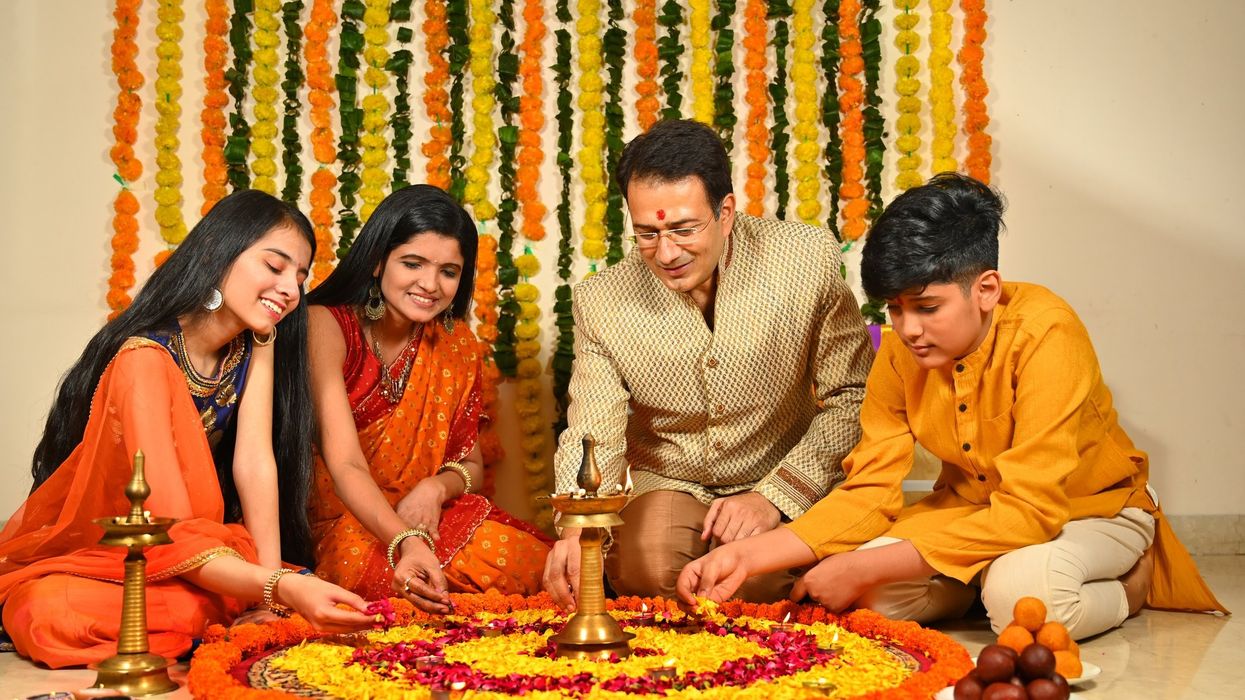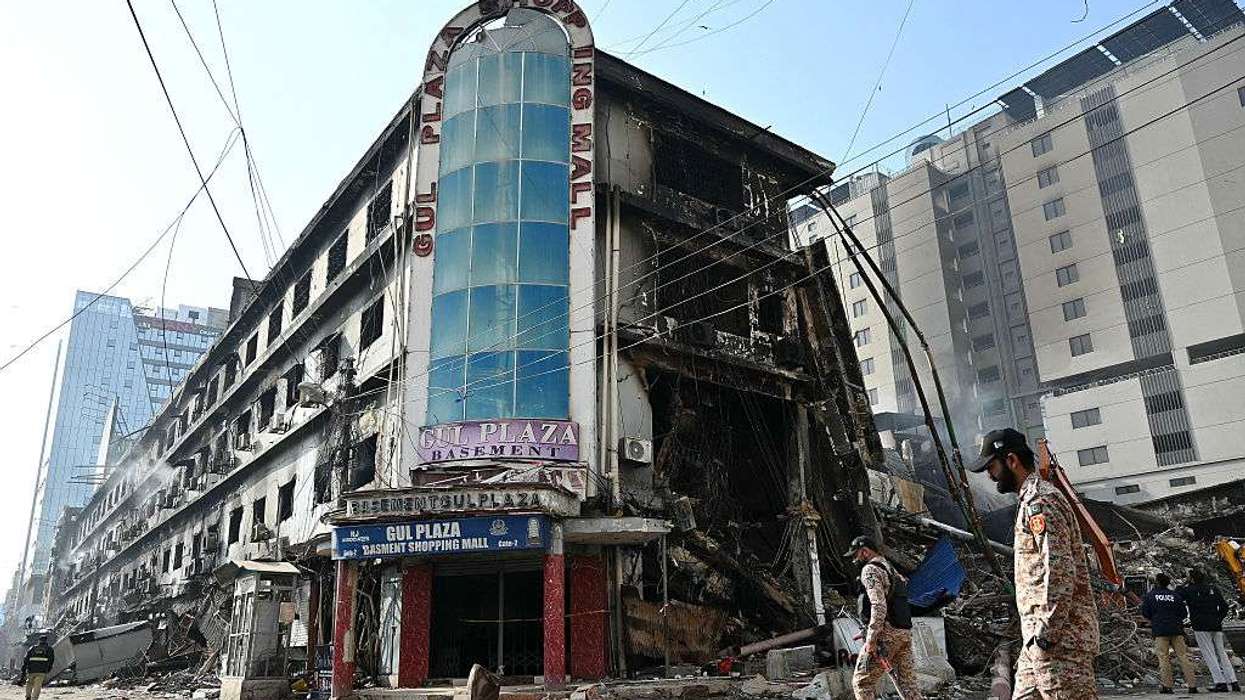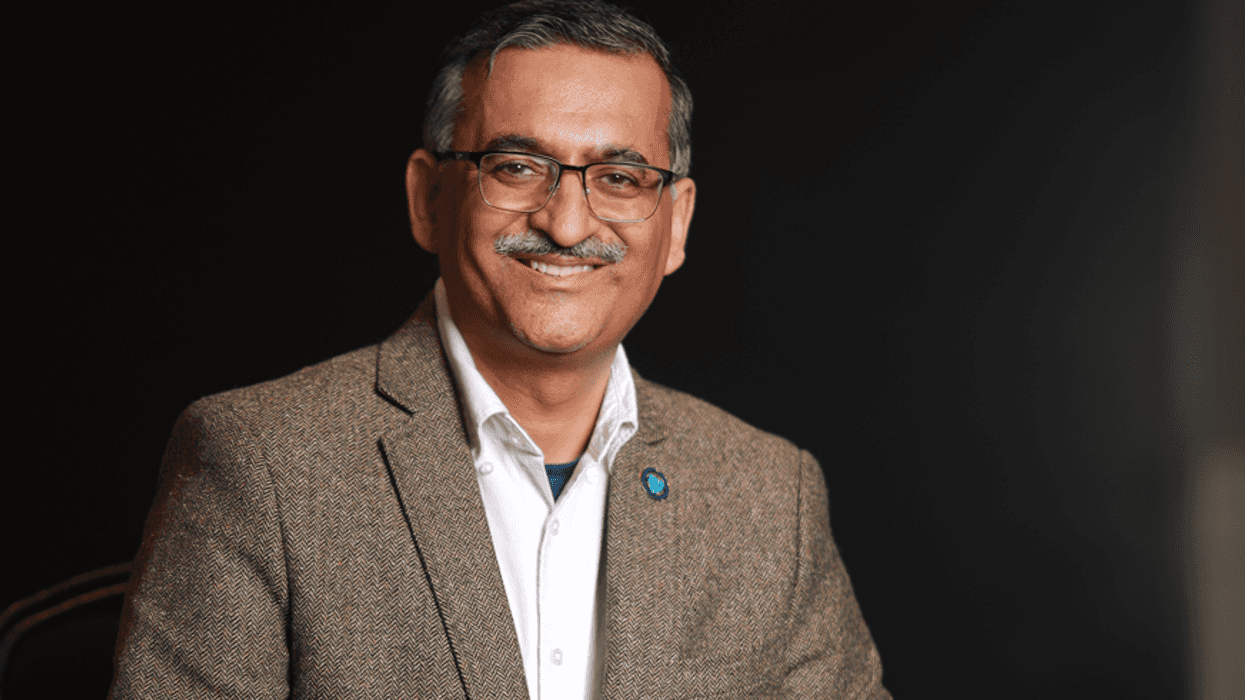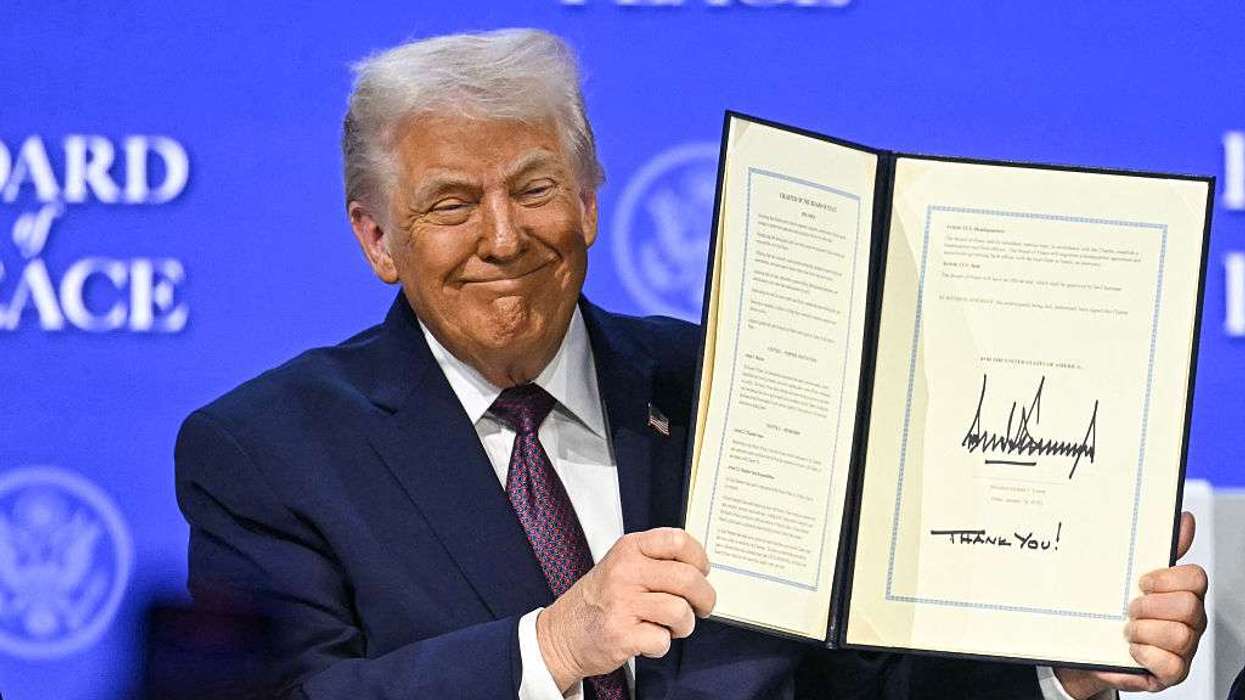AS Diwali approaches, homes around the world are preparing to sparkle with diyas, colourful rangolis, and the warmth of family gatherings.
The time-honoured celebration of victory, prosperity, and togetherness offers an opportunity not only to honour beloved traditions but also to introduce new ideas into the festivities.
Whether you are looking to make celebrations more meaningful, searching for the perfect gift, or seeking practical tips to enhance the experience, Eastern Eye has curated ideas to ensure this year’s festival of lights is truly memorable.
Theme: Get creative this Diwali by giving your celebration a themed twist. Whether it is a traditional dress code, a colour-coordinated event, or a Bollywood-inspired evening, a unique concept adds excitement to the occasion.
Virtual: For those far from loved ones, organising a virtual Diwali celebration via Zoom can help you stay connected. Set up video calls to perform Lakshmi Puja, share meals, or host a virtual games night. It is a great way to bridge distances.
Spiritual gift sets: Put together a gift set with items like a brass diya, incense sticks, a small idol of Lakshmi or Ganesha, and a decorative puja thali – perfect for those who value spiritual connections.
Illumination: Diwali is synonymous with light. Beyond diyas and fairy lights, consider lanterns, candles, and ecofriendly LED decorations. Combining traditional oil lamps with modern lighting creates a distinctive ambiance.
Eco-friendly: Choose sustainable decorations and products to celebrate responsibly. Opt for organic colours for rangoli, biodegradable diyas, and reusable decor to reduce waste. Avoid firecrackers to minimise pollution, and consider gifting eco-conscious items like bamboo kitchenware or organic linens. Planting a tree symbolises growth and prosperity, contributing positively to the environment.
Crafting: Involve the family in DIY crafts, such as creating rangoli designs, painting diyas, or making paper lanterns. These activities add a personal touch to the décor and are especially enjoyable for children.
Rangoli: Design rangoli patterns that tell a story or carry a meaningful message. Incorporate symbols of peace, love, and unity, and use natural elements like flowers, leaves, or seeds for eco-friendly designs. Hosting a rangoli competition with a prize can foster a festive spirit. It’s also a great activity for kids and a chance to educate them on tradition.
Share the love: Spread joy by supporting the community. Donate clothes, food, or money to those in need, and consider volunteering at shelters or community kitchens. Encourage children to create care packages for the less fortunate, making the festival brighter for others.
Bollywood night: Host a movie marathon featuring family-friendly films with themes of love, joy, and togetherness. Create a cosy space with snacks and beverages, or add a twist with karaoke, a dance party, or a movie quiz.
Hamper: Assemble a hamper with the recipient’s favourite treats. Options can include fine chocolates, exotic teas, books, handwritten messages, gift vouchers, or gourmet food. A wellness kit with essential oils, bath salts, and scented soaps makes for a thoughtful gift.
Customise: Personalised gifts add a special touch. Consider customised Diwali diyas, wall art, stationery sets, candles kitchenware, cushions, wine glasses, Diwali sweets or puja thalis.
Other options include engraved photo frames, monogrammed clothing, or jewellery engraved with names, initials, or special dates.
Memory wall: Dedicate a space in your home to display family photos and memories, including from past Diwalis. Include pictures of family, friends, and loved ones who are no longer with you. Encourage everyone to contribute handwritten notes for the wall, fostering reflection, warmth, and self-expression through shared experiences.
Memory jar: Create a Diwali memory jar, where family members write down their favourite festival moments or positive affirmations. Reading these aloud during the celebration fosters love and unity, and the jar will become a cherished keepsake over the years.
Photo album: Craft a personalised photo album or scrapbook filled with special moments to gift to a loved one. For an extra-special touch, create a hardback book to preserve memories that can become a family heirloom.
Storytelling: Encourage family members to share stories about past Diwali celebrations. Record these stories on video to preserve family traditions and help younger members connect with their heritage. Use the opportunity to teach children about the cultural significance of Diwali, with stories from the Ramayan or tales of Goddess Lakshmi.
Cards: Instead of store-bought cards, create handmade Diwali cards with personal messages. Involve children by having them draw or write their own notes for an extra personal touch. Cards featuring family photos also add warmth and sentiment.
Heirlooms: Gifting family heirlooms, such as jewellery or artefacts, during Diwali honours the past and keeps traditions alive.
Community: Participate in community celebrations at cultural centres or temples to experience the richness of Diwali and connect with others. In multicultural settings, invite neighbours from different backgrounds to celebrate together, promoting cultural exchange and understanding.
Reconnect: Use Diwali as an opportunity to reconnect with friends or family members. A phone call, video chat, or handwritten letter can rekindle relationships and spread the festive spirit.
Cleansing: Go beyond physical cleaning by engaging in spiritual cleansing. Meditate, light incense, and recite prayers or mantras to set a positive tone for the year ahead.
Family time: The greatest gift during Diwali is time with loved ones. Engage in family bonding activities like cooking, playing traditional games, and sharing stories. Reconnect with estranged relatives and check in on those who may be alone this festive season. Encourage each family member to express gratitude and share their hopes for the coming year.




